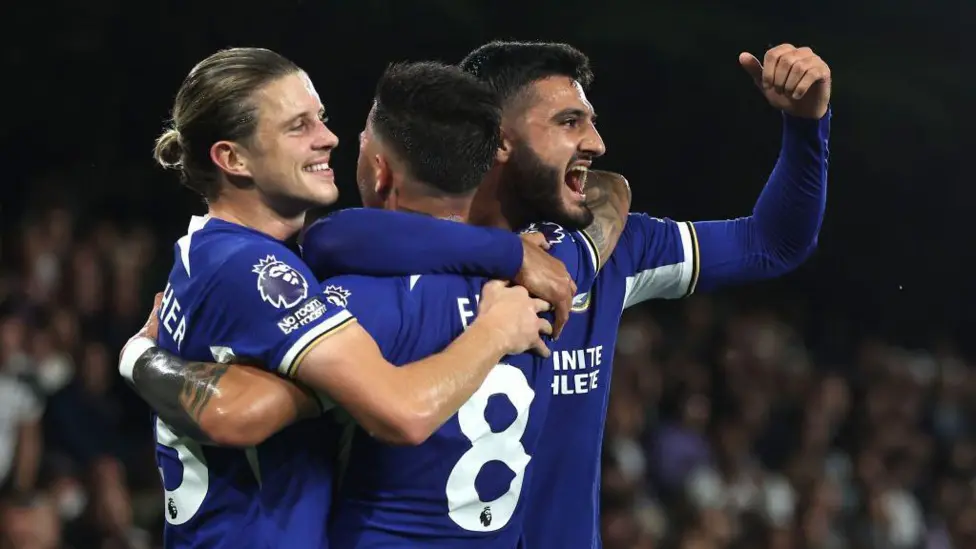Chelsea have now generated over £250 million from academy player sales in just three years, a remarkable figure that reflects both the club’s youth development success and the financial pressures of the Premier League’s Profit and Sustainability Rules (PSR).
The latest addition to that total came with the sale of striker Armando Broja to Burnley, a deal reportedly worth up to £20 million with add-ons. His move follows several other summer departures, including Bashir Humphreys to Burnley for £14.7 million and Ishe Samuels-Smith to Strasbourg for £6.5 million, bringing the club’s academy sales this summer to £41.2 million.
In total, Chelsea have made £251.2 million from academy graduate sales since 2022—more than any other Premier League club and more than £100 million ahead of the next-best, Manchester City. This strategy, first seeded under Roman Abramovich and accelerated under Todd Boehly and Clearlake Capital, has become central to Chelsea’s financial planning in the era of PSR.
Selling academy graduates is particularly beneficial under financial fair play rules because their sale counts as “pure profit.” While player signings are amortised over the length of their contracts, sales from the academy are accounted for in full immediately, allowing Chelsea greater freedom to invest in new players.
So far this summer, Chelsea have raised £225.5 million in total player sales and spent nearly the same amount on incoming transfers. Key academy departures over the past three seasons include Mason Mount (£55m to Manchester United), Ian Maatsen (£37.5m to Aston Villa), Conor Gallagher (£34m to Atletico Madrid), and Lewis Hall (£28m to Newcastle United). These exits have helped balance the books during a time of aggressive spending and squad rebuilding.
However, even these lucrative sales have not fully shielded Chelsea from scrutiny. In 2024, the club sold two hotels and the women’s team to a parent company for £276.6 million to remain compliant with PSR. While this was accepted by the Premier League, UEFA rejected the arrangement, resulting in a £26.7 million fine, which could double if further infractions occur.
Despite the financial benefits, Chelsea have faced criticism from supporters for offloading so many promising homegrown players. Gallagher’s sale to Atletico Madrid was particularly controversial, with many fans frustrated at the club’s decision to sell a player viewed as a future captain. Manager Enzo Maresca responded to the backlash by pointing to the broader financial rules that force such decisions.
“This is not Chelsea’s problem, these are the rules,” Maresca said in August 2024. “All the clubs at this moment are compelled to sell players from the academy because of the rules.”
Chelsea’s commitment to their academy remains visible on the pitch, although usage has declined. Last season, they gave 5,471 minutes of Premier League action to homegrown players, including Levi Colwill, Reece James, Trevoh Chalobah, Tyrique George, Josh Acheampong, and Shim Mheuka. That total is more than Arsenal, Tottenham, and Manchester City, but lags behind Manchester United and Liverpool, who have invested significantly in promoting young talent.
Behind the scenes, leadership changes in the academy have seen Joe Shields and Glenn van der Kraan take control, following the departure of respected figures like Neil Bath. Still, the system continues to produce first-team quality, with prospects like Acheampong and George now part of the senior squad.
Chelsea’s youth system has long been regarded as one of the most productive in English football, and its financial value is now clearer than ever. With PSR continuing to shape club strategies, Cobham’s conveyor belt of talent remains one of the most important assets in Chelsea’s ambitious project.



